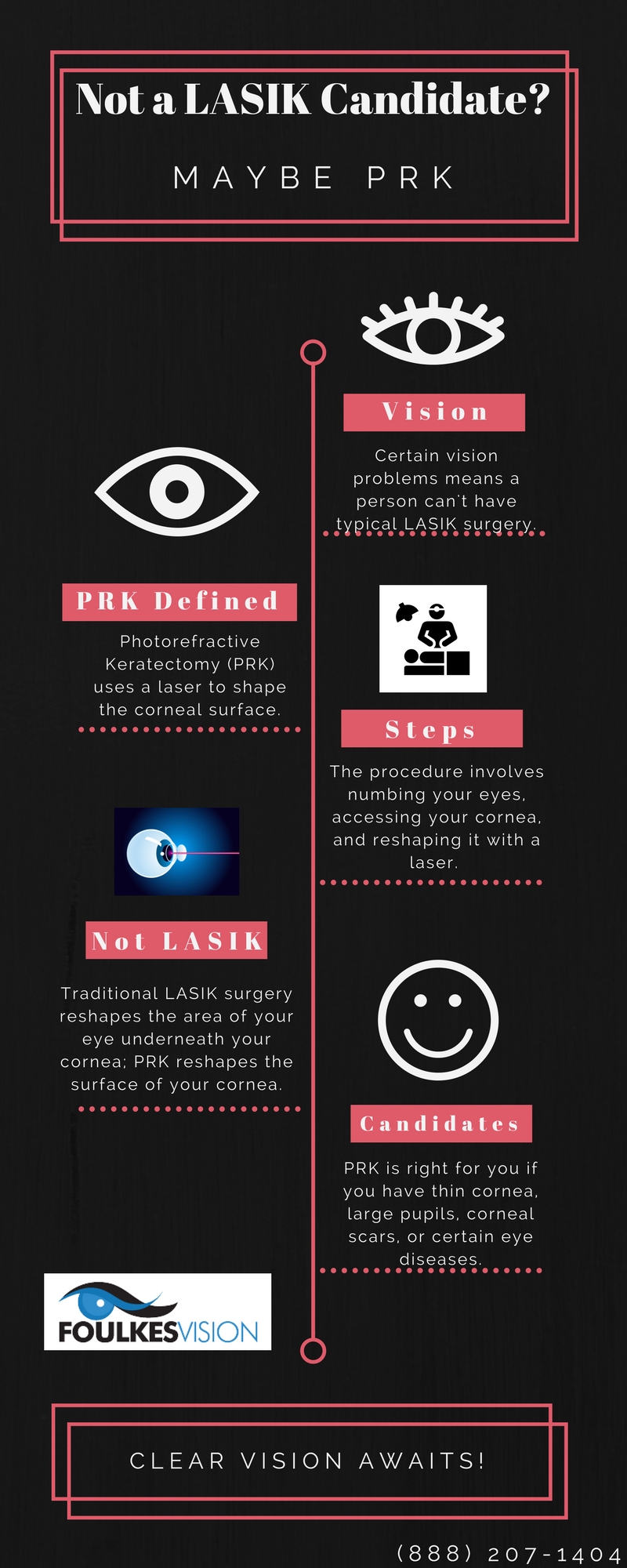Hesitating On SMILE Surgical Procedure? Explore Key Considerations And Insights To Aid You Make An Informed Choice About Your Aesthetic Future
Hesitating On SMILE Surgical Procedure? Explore Key Considerations And Insights To Aid You Make An Informed Choice About Your Aesthetic Future
Blog Article
Authored By-Lundgreen Storm
If you're pondering SMILE eye surgical procedure, consider this: are you prepared to accept possible aesthetic liberty, or does the thought of any kind of dangers make you wait? Your choice will hinge on a cautious equilibrium of considering the benefits versus the uncertainties. It's crucial to dive deeper right into the subtleties of SMILE surgery to make an educated choice that lines up with your visual goals.
Comprehending SMILE Eye Surgical Procedure
When taking into consideration SMILE Eye Surgery, it's important to recognize the procedure and its benefits. SMILE, which represents Tiny Cut Lenticule Removal, is a minimally intrusive laser eye surgical treatment that remedies usual vision problems like nearsightedness (nearsightedness).
Throughout the procedure, your eye surgeon will use a femtosecond laser to create a little laceration in your cornea. Via this incision, a little disc of cells called a lenticule is eliminated, improving the cornea and correcting your vision.
One of the crucial benefits of SMILE Eye Surgical treatment is its quick recuperation time. Many individuals experience improved vision within a day or two after the procedure, with very little discomfort.
In addition, SMILE is recognized for its high success rate in offering long-lasting vision adjustment. Unlike LASIK, SMILE doesn't require the creation of a flap in the cornea, decreasing the risk of complications and permitting a more steady corneal framework post-surgery.
Comprehending the treatment and its benefits is vital when thinking about SMILE Eye Surgical procedure for vision correction.
Advantages and disadvantages of SMILE
Thinking About SMILE Eye Surgery for vision improvement comes with different advantages and possible disadvantages.
Among the primary pros of SMILE is its minimally invasive nature, as it includes a tiny incision and normally leads to fast recovery times. https://www.healio.com/news/ophthalmology/20210301/study-shows-impact-of-age-on-smile-outcomes is additionally recognized for triggering very little pain and completely dry eye symptoms post-surgery compared to various other vision modification approaches. In addition, SMILE has actually been shown to offer superb aesthetic end results, with numerous individuals accomplishing 20/20 vision or far better.
On the other hand, a possible disadvantage of SMILE is that it might not be suitable for people with severe refractive errors, as the treatment range is somewhat limited contrasted to LASIK. One more consideration is that the learning contour for cosmetic surgeons implementing SMILE can influence the availability of seasoned carriers in particular locations.
It is very important to weigh these pros and cons meticulously when choosing if SMILE is the ideal option for your vision correction requirements.
Figuring Out Qualification for SMILE
To identify if you're eligible for SMILE eye surgery, your optometrist will certainly conduct a detailed assessment of your eye wellness and vision requirements. Throughout this examination, factors such as the stability of your vision prescription, the thickness of your cornea, and the general health of your eyes will be examined.
Normally, prospects for SMILE more than 22 years old, have a steady vision prescription for a minimum of a year, and have healthy and balanced corneas without conditions like keratoconus.
Your optometrist will certainly likewise consider your total eye health, any existing eye problems, and your way of life requires to identify if SMILE is the appropriate selection for you. What Is The Cost Of Contact Lenses to interact any specific aesthetic demands or issues you might have throughout this assessment to make certain that the treatment straightens with your assumptions.
If you aren't eligible for SMILE, your optometrist might advise different vision improvement options that better suit your specific needs and eye wellness condition.
Conclusion
Eventually, making a decision whether SMILE eye surgery is right for you calls for mindful factor to consider of your individual eye health and wellness and visual demands. Talk to your optometrist to establish your eligibility for the treatment and consider the prospective advantages and drawbacks. Remember to connect any issues or concerns you may have throughout the evaluation process to make an enlightened decision regarding your vision adjustment options.
